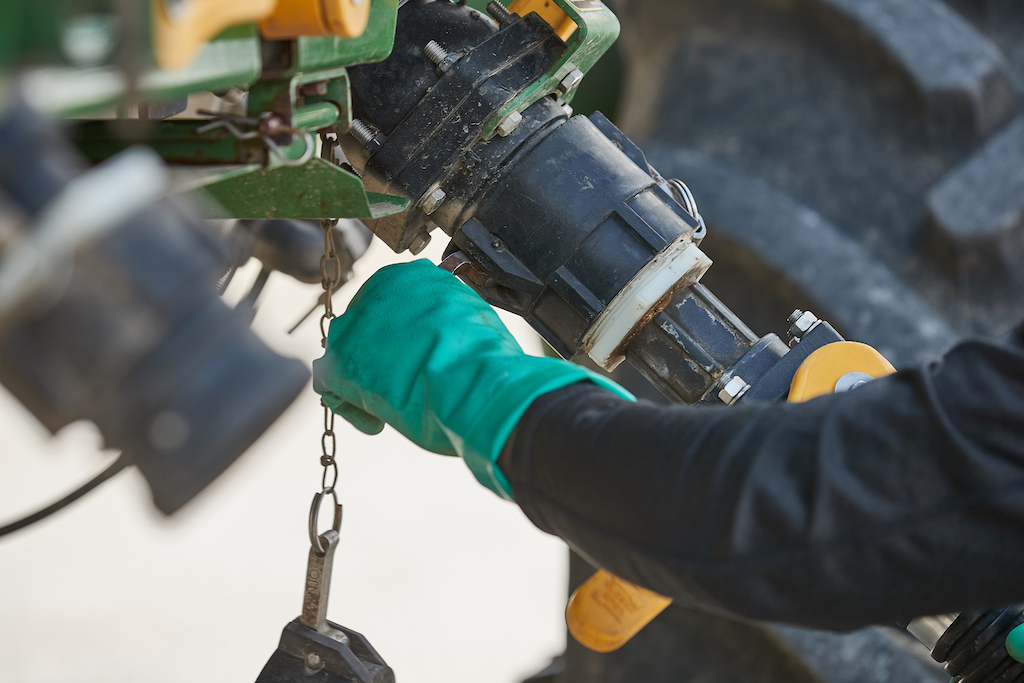Propulse Fungicide
FungicidePropulse® fungicide for peanuts, dried beans, canola and sugar beets provides best-in-class protection against a variety of diseases, including white mold, Anthracnose and leaf spot.With two modes of action, Propulse combines fluopyram (Group 7) with the proven defense of prothioconazole (Group 3), offering exceptional yields and unparalleled disease protection in an easy-to-use liquid formulation.
Approved In
AL, AR, AZ, CO, CT, DE, FL, GA, IA, ID, IL, IN, KS, MA, MD, ME, MI, MN, MO, MS, MT, NC, ND, NE, NH, NJ, NM, NY, OH, OK, OR, PA, RI, SC, SD, TX, VA, VT, WA, WI, WV, WYLabels / Safety Data Sheets (MSDS)

Use and Mixing
The instructions for use and mixing described below are from the Environmental Protection Agency approved Federal Label. Always read and follow label instructions. Not all products are registered for use in every state. Please check with Bayer or your local Lead State Agency for product registration status. If you wish to find out if a product is registered in your state or for additional product information, send us an email or call 1-866-99-BAYER.Disclaimer
Always read and follow pesticide label directions, insect resistance management requirements (where applicable), and grain marketing and all other stewardship practices.